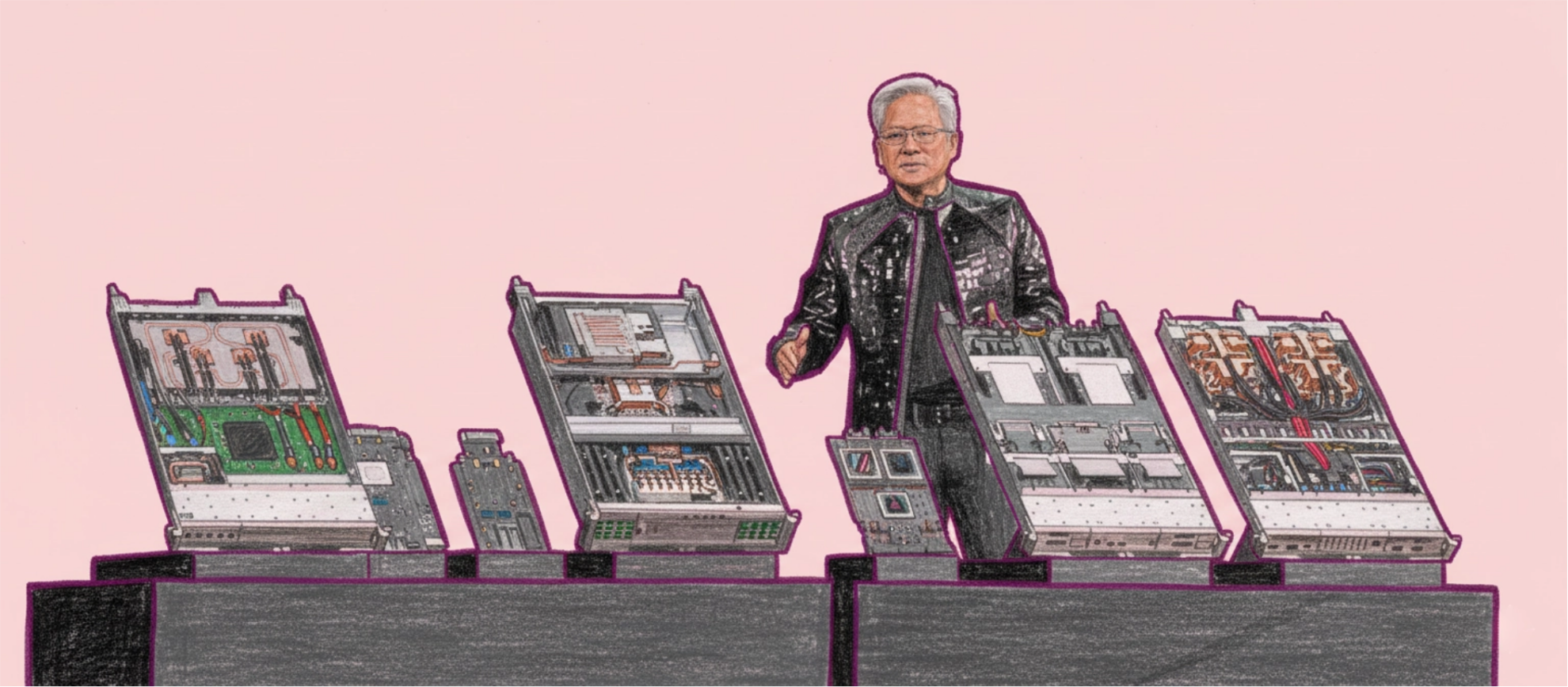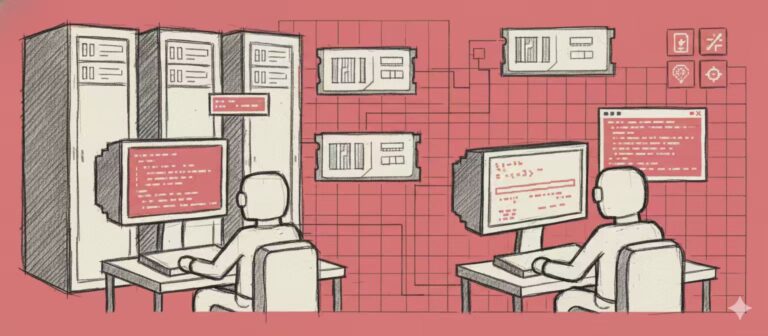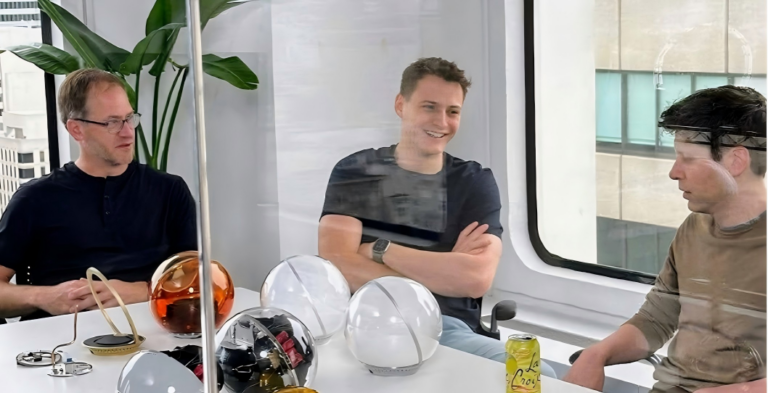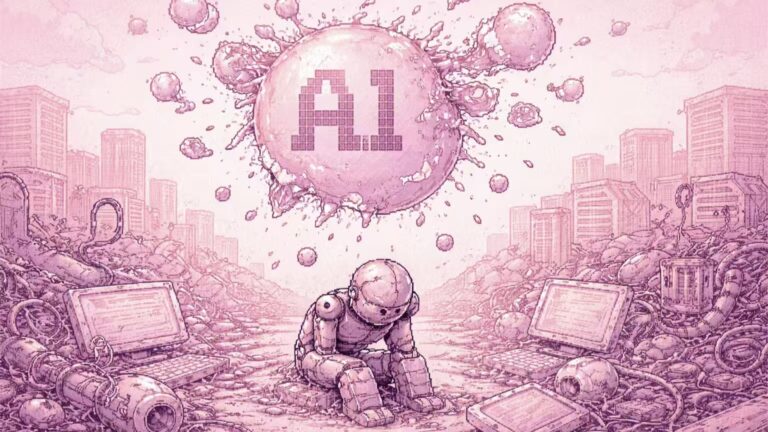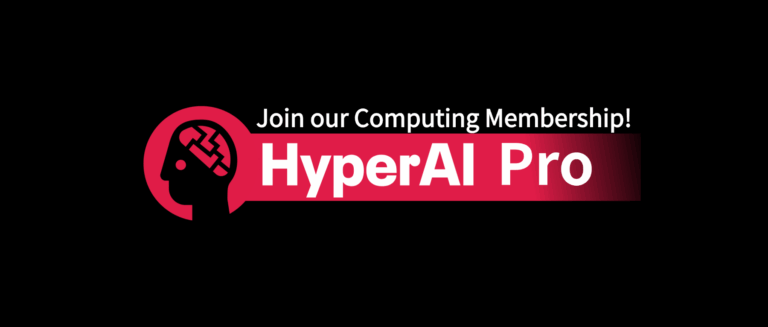Command Palette
Search for a command to run...
A Cunning AI Engineer Can Cheat 200 Million RMB by Making up a Story

On August 14, The Wall Street Journal revealed a scandal in the field of artificial intelligence. Indian AI company Engineer.ai was exposed for using artificial disguised artificial intelligence and customized software, and received a US$29.5 million (approximately RMB 200 million) Series A investment from DeepCore, an artificial intelligence fund under SoftBank.
There is a joke in the artificial intelligence community: "There is as much artificiality as there is intelligence." Today, an artificial intelligence company in India has proven this.
According to the Wall Street Journal,Indian startup Engineer.ai claims to be able to use artificial intelligence to assist in application development, allowing anyone to turn their ideas into customized technology products.

But today it was revealed that they did not actually use artificial intelligence, but rather human engineers completed these tasks behind the scenes.
AI companies with zero AI technology
Engineer.ai was founded 2012, started in New Delhi, India, and is now headquartered in Los Angeles and London, with offices in Delhi and Tokyo.
In June 2018, the company launched a product called Builder, claiming that the platform can create, operate, update and maintain digital products. Through their three product sets:Builder, BuilderCare and CloudOps,Anyone can build custom digital products, such as apps or websites, with the help of AI and keep them updated as necessary.

They claim that using this product,The development cost is less than one-third of that of traditional software development, but the development speed is twice that of traditional software development.
In September 2018, the company announced on Facebook that they had established a Natasha AI tool that allows anyone to create a custom app that's as easy as ordering an Italian pizza.
「80%'s work is all done by AI.Then we have more than 26,000 engineers around the world who will add some missing widgets." Founder Sachin Duggal once said.
With their automated software development products, they have won the favor of well-known investment companies.
In July 2018, the company received funding from SoftBank’s artificial intelligence fund. DeepCore: $29.5 million (about RMB 200 million)This was one of the largest Series A financings in Europe at the time. DeepCore CEO Katsumasa Niki also helped Engineer.ai attract investment from Singapore’s Jungle Ventures.

“I think it’s amazing how they’ve broken the app down into its component parts,” Margot James, the UK’s digital minister, told the Financial Times at the time. “You’ll be drawn to the scale and the simplicity of it.”
Sachin Duggal said when completing the financing that DeepCore had supported them for some time and invested in their largest angel fund, which was also the reason why they set up an office in Tokyo.
The company's official website states that since its establishment, their revenue has exceeded $60 million,And it is still growing at a rate of 100%. It is expected that the revenue will exceed 100 million US dollars by the end of 2020.

According to the founder, BBC and Virgin United are their clients.
Cheating money is a skill, and it takes education to cheat more
However, just when everything seemed to be going so well and the future was bright, the company was sued by its chief business officer, Robert Holdheim.
Holdheim said the company overstated its AI capabilities and used the hype around AI to attract customers and investment until it actually got its automation platform working. He also said,The company told investors that the money from 80% would go toward development, when in reality they had barely started development.

In fact, the resumes of the two founders are good enough. Sachin Duggal holds a Bachelor of Engineering from Imperial College London and a Master of Entrepreneurship from MIT.He is an information systems engineer specializing in Mandarin, finance, distributed systems, software engineering, computational mathematics, and game theory for operations research.
Saurabh Dhoot graduated from Imperial College London with a B.A.Joined Videocon D2H (Indian DTH service provider) at its inception as Executive Director.
They met in college and became good friends before founding the company in 2004 Nivio, which they claim is the world's first cloud computing company.Later, they became a partner of Microsoft and helped the company build ideas into software. This is where the inspiration for them to create Engineer.ai came from.

But now the two are facing prosecution for "fake artificial intelligence", and it remains to be seen how they will respond.
Indian engineers: a hundred flowers blooming
In fact, the strength of Indians in the IT industry is obvious to all.
Silicon Valley has almost been occupied by Indians, and many engineers have become accustomed to the current situation where there are many Indian executives and even CEOs.
Among the Fortune 500 companies in the United States in 2017, 10 CEOs were from India. For example,The current Microsoft CEO Satya Nadella and Google CEO Pichai Sundararajan are both of Indian descent.Five of Google's thirteen top executives are Indian.
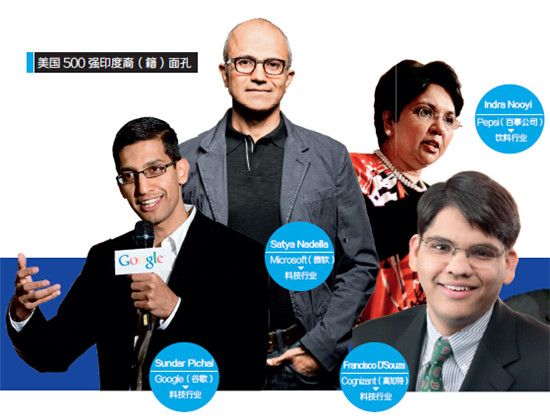
In our previous articles Kai-Fu Lee and Harry Shum’s Mentor:Turing Award winner from rural IndiaIntroducing the AI Grandmaster Raj Reddy,Also Indian, he isThe first Asian Turing Award winner,He also trained many outstanding Chinese disciples.
In April this year, at the top conference in the field of computer communication networks, INFOCOM, the biggest award, the IEEE INFOCOM Achievement Award (INFOCOM Lifetime Achievement Award), was won by an Indian tycoon. Victor Bahl Extract (see article for details) "INFOCOM Paris is underway, with the highest honor going to a Microsoft veteran").
The younger generation of Indians is no less impressive. In July 2018, a 22-year-old college student from Mumbai, India ditya Paliwal Received an offer from Google's artificial intelligence research department with an annual salary of 12 million rupees, about 1.155 million yuanRMB, and at that time only 50 people in the world received this offer.
So, why doesn’t Engineer.ai rely on its strength?
Fake AI companies: The scams are diverse and shocking
In fact, with the boom in artificial intelligence, artificial intelligence companies have sprung up everywhere, and there are more than one "fake artificial intelligence" companies among them.
Voice message, manual code conversion to SMS As early as In 2008,A company that converts voicemails to text messages Spinvox They were accused of using employees in overseas call centers to complete the work purely manually, rather than machines.

Live customer service disguised as chatbot In 2016, Bloomberg reported that human labor takes 12 hours a dayPretend to be a chatbot,Calendar arrangement service (such as X.ai and Clara)The work is so mind-numbing that employees say they look forward to being replaced by robots.
Manually transcribe receipt information, claiming to use smart scanning In 2017, enterprise expense management applications Expensify Admitted that it had been using humans to transcribe some receipts, claiming that it was processed by "intelligent scanning technology"...
Just in May this year, Google's voice assistant Duplex, which can make phone calls, was also exposed. Three out of four calls were made by real people in disguise.
It seems that under the test of time, fake AI companies will eventually reveal their true colors.
-- over--

